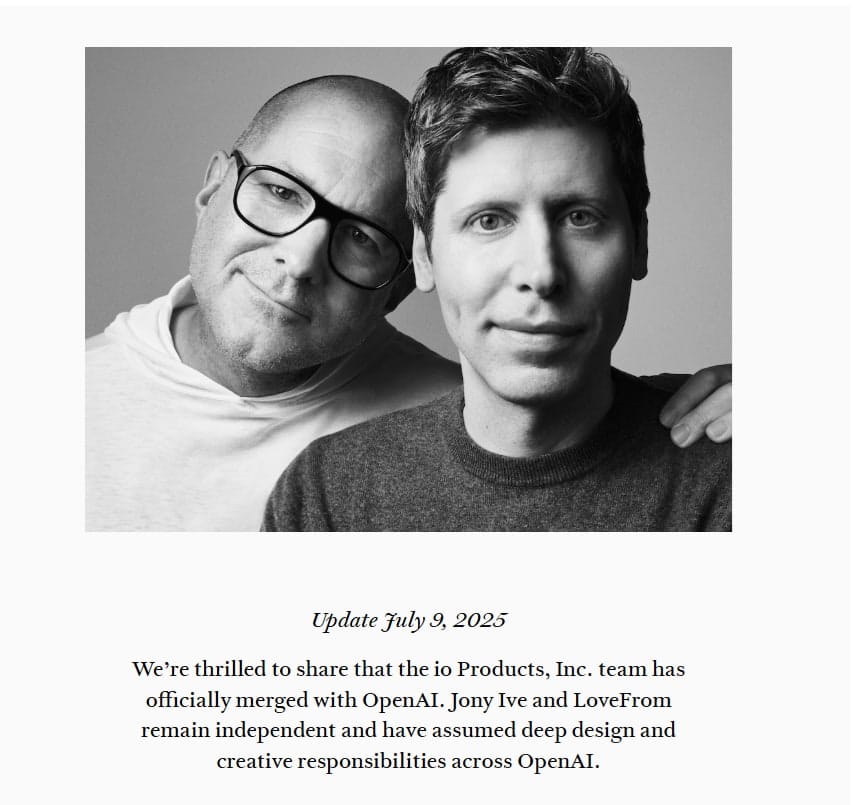Brian Chesky, the Chief Executive of Airbnb Inc., stated that the company’s online travel app was not yet integrated with OpenAI’s ChatGPT due to the startup’s connective tools not being “quite ready”. In an interview, Chesky stated that Airbnb will keep an eye on the progress of ChatGPT’s app integrations and might eventually think about a partnership akin to those of its rivals Booking Holdings Inc. and Expedia Group Inc.
Regarding ChatGPT’s integration capabilities, he stated, “I didn’t think it was quite ready.” According to Chesky, OpenAI will need to create a platform that is so strong that Airbnb’s app can function within the ChatGPT chatbot in a way that is “almost self-contained” because Airbnb is a community with verified members.
Why Chesky Opting to not to go with AI Integration?
Chesky, who is good friends with OpenAI CEO Sam Altman, claimed to have given the AI business advice regarding its new feature that allows outside developers to publish their apps within the ChatGPT chatbot. These functionalities were revealed this month by the AI startup. The well-known chatbot didn’t launch with Airbnb as one of its apps.
While refusing to comment on Chesky’s comments, an OpenAI representative pointed to the company’s blog post from this month, which characterised the app integration technology as a developer preview with further features on the horizon. In October, T21 claimed that it had enhanced its in-app artificial intelligence features to allow users to conduct additional activities without a live operator, despite Airbnb setting aside a potential integration with ChatGPT.
The company’s AI customer support representative, which it made available to all English-speaking users in the United States in May, now shows links and action buttons that can assist users in completing tasks like changing or cancelling reservations. As a result, 15% fewer users now require a live agent, and the average resolution time has decreased from over three hours to six seconds, according to Airbnb.
The business intends to offer 56 other languages in the upcoming year in addition to Spanish and French this autumn. According to Chesky, the agent is based on 13 distinct AI models, including those from OpenAI, Alibaba Group Holding Ltd., Google, a division of Alphabet Inc., and open-source providers.
Airbnb Adding new Features to Attract More Customers
In an effort to foster user relationships and ultimately improve its travel recommendations within the app, Airbnb, which this year branched out from lodging into tours and personal services, is also implementing new social elements.
After booking an experience, the firm introduced a feature that allows visitors to share their Airbnb profile with other travellers. Additionally, users who have taken the same tours can now communicate with each other directly. According to Airbnb, privacy precautions are in place, and the communication can only proceed if the recipient approves the message request.
Next year will see the addition of more social capabilities, which Chesky said might eventually encourage user-generated content on the app, allowing users to find inspiration for trips without ever leaving the Airbnb website.
|
Quick Shots |
|
•Brian •Airbnb •OpenAI •Airbnb plans to expand AI support |
